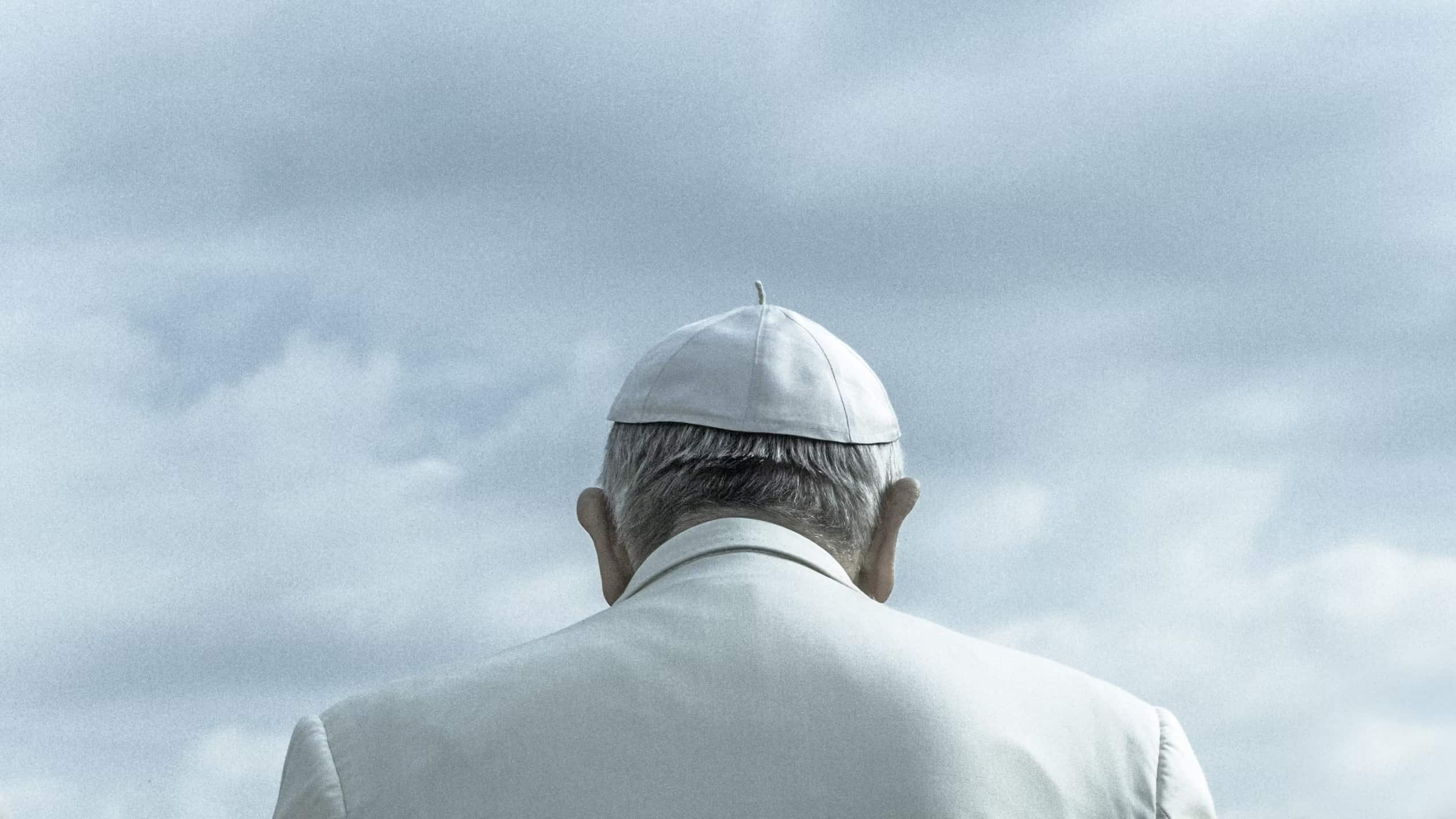You probably know how long Jesuit formation takes – about eleven years – and what studies are required – philosophy and theology. You might not know that before ordination, the Jesuits provide additional spiritual training, commonly called “Arrupe Month.”
This training looks different in various parts of the world. For me, it culminated in an 8-day retreat that, in addition to the Spiritual Exercises of St. Ignatius, looked at the writings of Pope Francis on the priesthood. Like most of what Pope Francis writes and says, he speaks not only to priests but to all the faithful.
Looking at Francis’ advice to priests can offer some guidance in our own lives as Christians.
—
Take, for instance, what Pope Francis said just about a year ago about “the love of numbers” over faces and the love of actual people. He calls this a form of hidden idolatry that simply values pragmatism over people.
Do I allow statistics to dominate my beliefs, even at the expense of stories and lived experiences? What are my main criteria for discernment? Who are my main criteria for discernment?
In a letter to priests four years ago, the Pope warned against a lack of a sincere and prayerful recognition of our limitations, which only serves to impede the grace of God from acting within us. In this way, our worlds become smaller due to individualism, spiritualism, or isolation. The Pope quoted Cardinal Tomáš Špidlík, who wrote that “sadness is the worst enemy of the spiritual life.”
Rather than allowing my problems to dominate my life, can I keep things in perspective and offer time and attention to the wounds of others, too?
The same letter encourages a dynamic accompaniment in which a priest sometimes finds himself in front of, among, and behind the flock. This dynamic is shaped by being in front to guide the flock, among to better understand, and behind to maintain unity, ensuring that nobody is left behind so that all might have a sense of how to find their way.
How might I be called, at different moments, to change my style of accompaniment or leadership? Do I ever allow myself to “fall behind” if only to change my perspective and possibly enrich it?
In his encyclical, Evangelii Gaudium, Pope Francis reminds us that in Mary, we have an example of humility and tenderness that strengthens us rather than weakens us. With these, we do not need to mistreat others to feel important.
Where might I be invited to imitate Mary in my communication with others better? How might I soften what I say to strengthen not only my relationship with the listener but the Lord, too?
Seven years ago, the Pope’s Holy Thursday homily mentioned priests of the streets who talk with all: the powerful, children, the poor, and those who do not believe. These are the priests that are with – and that talk with – all. In this way, Pope Francis tells us that such priests become approachable or relatable. This relationship is only possible when a priest is present and knows how to find a word for each person.
Am I always with the same group? Do I follow them everywhere? Do I ever dare to talk to someone from a different background or to whom I might not easily be able to relate?
Only when we call others by name, as the Lord does – before putting them in a particular category – do we approach the truth. Rather than adjectives converted into nouns, we are called to approach all, first and foremost, as Children of God. For Pope Francis, “It makes you name people with their real name, as the Lord names them, before categorizing them or defining their situation.”
Who can I begin to call by name rather than using adjectives to describe them?
In a conference just two years ago, Pope Francis highlighted the wise words of Saint John Paul II, who said that the priest, like the Church, should grow in the awareness of his perpetual need to be evangelized.
Am I open to being challenged by the Gospel, or do I prefer the status quo? Do I have a fear of leaving my comfort zone?
Pope Francis has also emphasized walking like the Good Samaritan rather than a judge. The Good Samaritan can recognize wounds, even suffering lived in silence. Consequences of violence and the corruption of indifference attempt to silence all hope, but one who walks as did the Good Samaritan does so more as a pastor than as a cleric.
How might I train my gaze to look for the greatest need rather than condemn the nearest offense?
The Pope also explicitly mentioned clericalism as a perversion. It consists of pushing people away rather than holding them close. One of the signs of clericalism, says Pope Francis, is rigidity. In sum, the heart of a priest ought to know how to draw close since the first to draw close to us was the Lord.
Who am I tempted to push away rather than draw closer to in my family, parish, workplace, or town? How might I draw myself closer to the Lord by drawing close to another?
Perhaps any collection of reflections of the priests we look for ought to prompt any Catholic to ask the same questions of him or herself. No one is born a priest, just as no one is born Catholic. The qualities and skills we hope to see in others ought to be invitations for all of us to hone the very same characteristics within ourselves.


